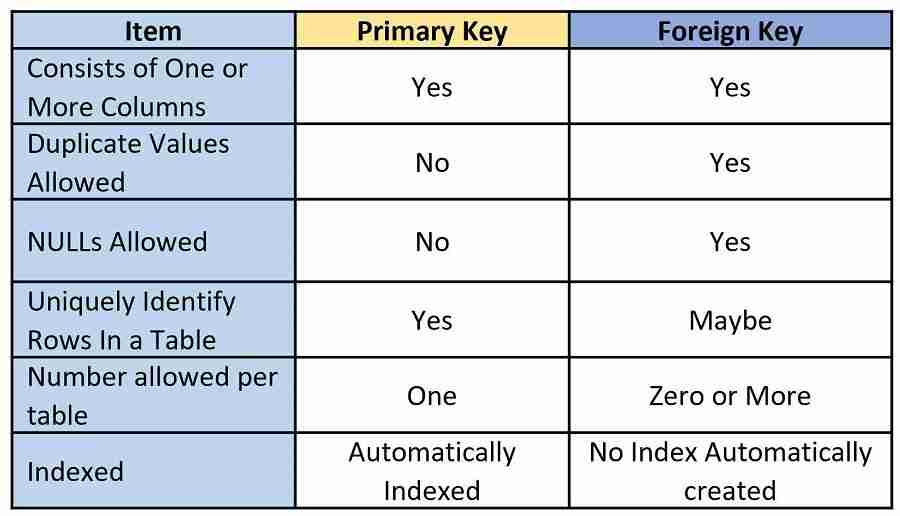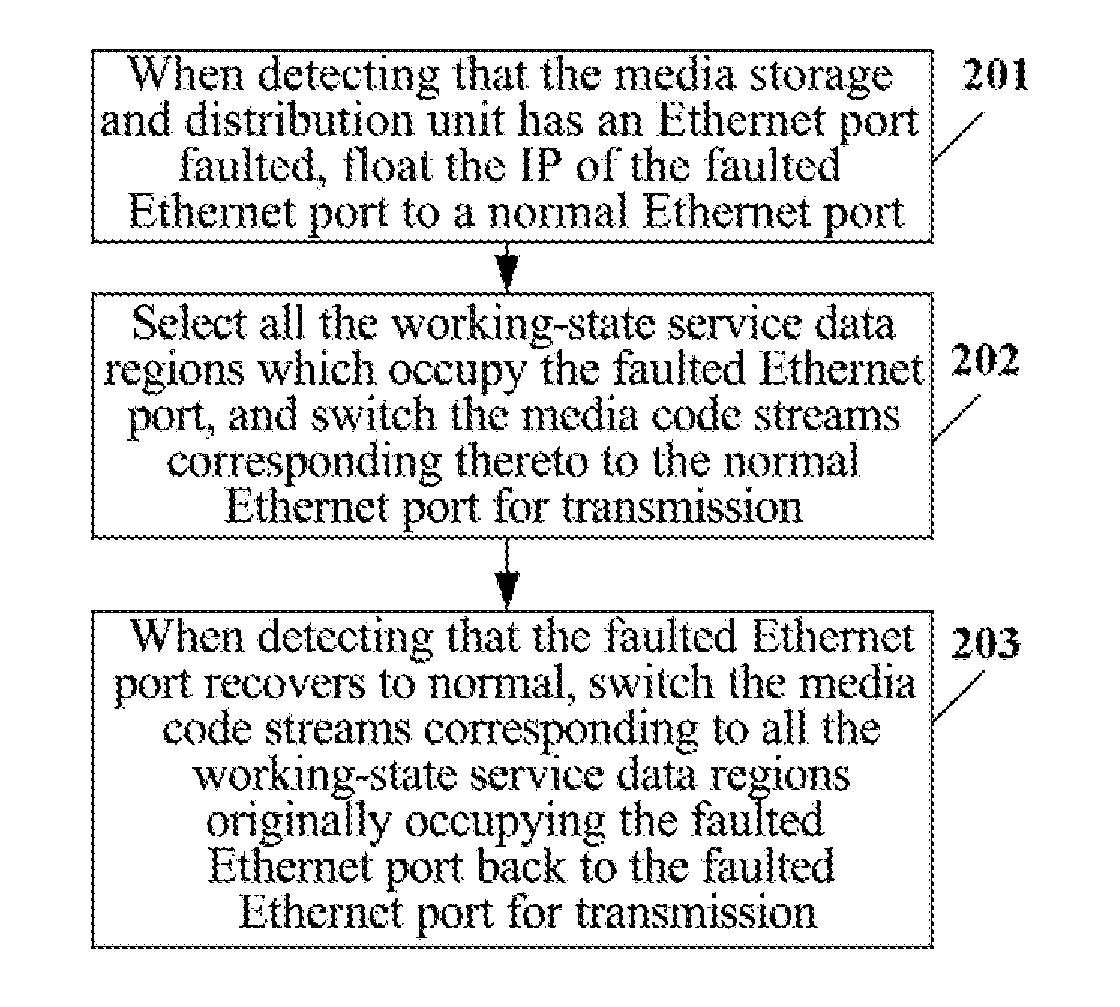Understanding Mortgage Loan Pre-Approval vs Pre-Qualification: Key Differences and Benefits Explained
Guide or Summary:Mortgage Loan Pre-Approval vs Pre-QualificationWhat is Mortgage Loan Pre-Qualification?What is Mortgage Loan Pre-Approval?Key Differences B……
Guide or Summary:
- Mortgage Loan Pre-Approval vs Pre-Qualification
- What is Mortgage Loan Pre-Qualification?
- What is Mortgage Loan Pre-Approval?
- Key Differences Between Pre-Approval and Pre-Qualification
Mortgage Loan Pre-Approval vs Pre-Qualification
When it comes to securing a mortgage, many prospective homeowners often encounter the terms "mortgage loan pre-approval" and "pre-qualification." While these terms are sometimes used interchangeably, they refer to distinct processes that serve different purposes in the home-buying journey. Understanding the differences between mortgage loan pre-approval vs pre-qualification can significantly impact your home-buying experience and financial readiness.
What is Mortgage Loan Pre-Qualification?
Mortgage loan pre-qualification is typically the first step in the mortgage process. It is an informal assessment of your financial situation, where a lender evaluates your income, assets, debts, and credit score to give you a rough estimate of how much you may be able to borrow. This process usually involves a simple conversation or a quick online form, and it does not require extensive documentation.
The primary benefit of pre-qualification is that it provides you with a ballpark figure of your borrowing potential, which can help you set a budget when house hunting. However, since this process is not as rigorous and does not involve a credit check, the figures provided are not guaranteed and may vary once you formally apply for a mortgage.

What is Mortgage Loan Pre-Approval?
On the other hand, mortgage loan pre-approval is a more formal and detailed process. It involves a thorough examination of your financial background, including a comprehensive credit check and the submission of various documents such as tax returns, pay stubs, and bank statements. Once a lender has reviewed your financial information, they will provide you with a pre-approval letter that states the exact amount you are eligible to borrow.
The advantage of obtaining a pre-approval is significant. Not only does it give you a clearer picture of your budget, but it also demonstrates to sellers that you are a serious buyer. In competitive real estate markets, having a pre-approval can give you an edge over other buyers who may only have a pre-qualification. Sellers are more likely to consider offers from pre-approved buyers because it indicates that the buyer has undergone a more rigorous vetting process and is financially capable of completing the purchase.
Key Differences Between Pre-Approval and Pre-Qualification
1. **Process**: Pre-qualification is a quick and informal process, while pre-approval is a detailed and formal evaluation.

2. **Documentation**: Pre-qualification typically requires minimal documentation, whereas pre-approval requires comprehensive financial documentation.
3. **Credit Check**: Pre-qualification usually does not involve a credit check, while pre-approval does.
4. **Outcome**: Pre-qualification provides an estimate of borrowing potential, while pre-approval gives a specific loan amount that you are qualified for.

5. **Validity**: Pre-approval letters are usually valid for a certain period (often 60-90 days), while pre-qualification does not typically have a set expiration.
In summary, understanding the nuances of mortgage loan pre-approval vs pre-qualification is crucial for anyone looking to buy a home. Pre-qualification can serve as a useful starting point to gauge your borrowing capacity, but obtaining a pre-approval is a more definitive step that can enhance your credibility as a buyer. By taking the time to get pre-approved, you position yourself as a serious contender in the housing market, making your home-buying journey smoother and more successful. Whether you are just beginning to explore your options or are ready to make an offer, knowing the differences between these two processes will empower you to make informed decisions as you navigate the complexities of purchasing a home.